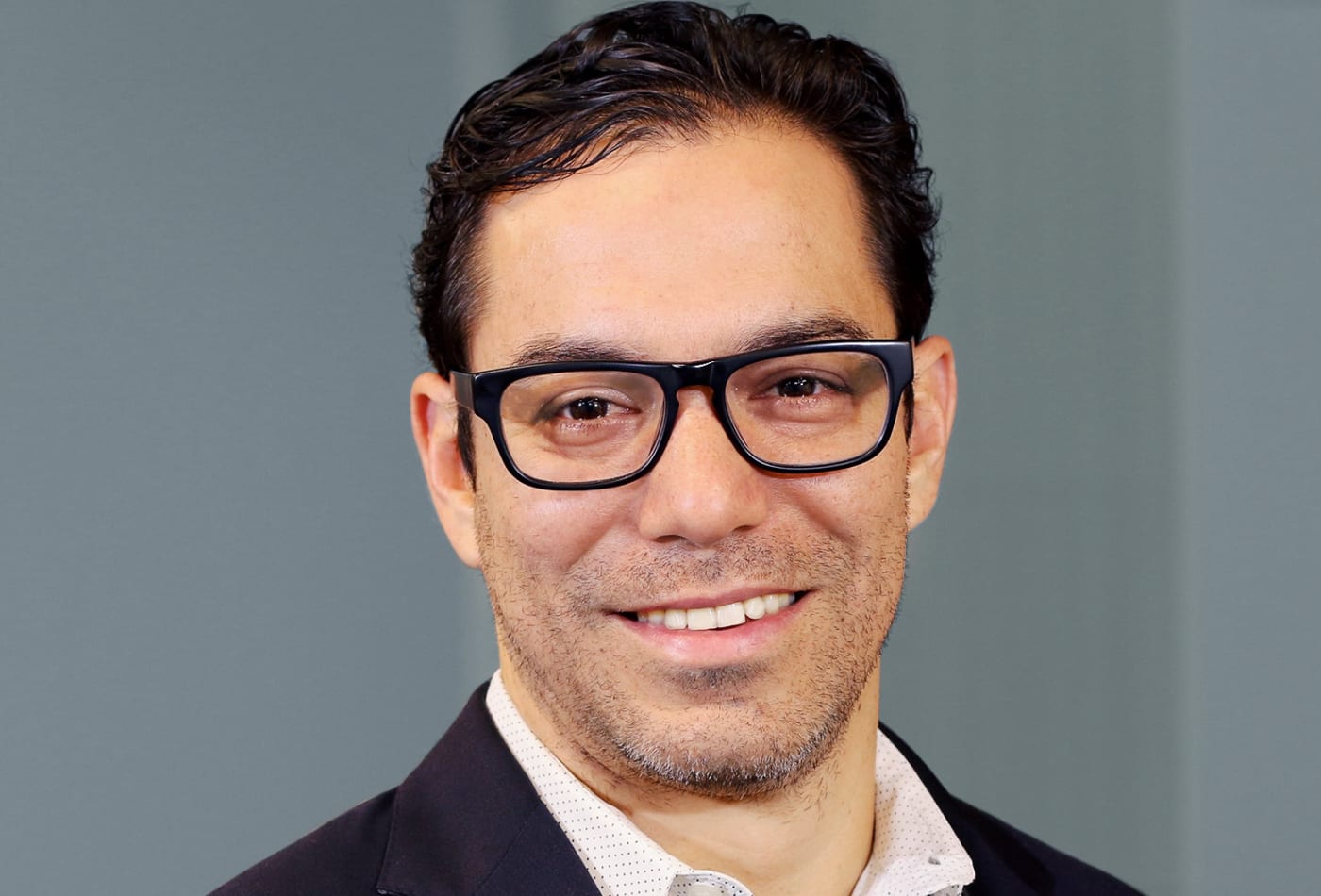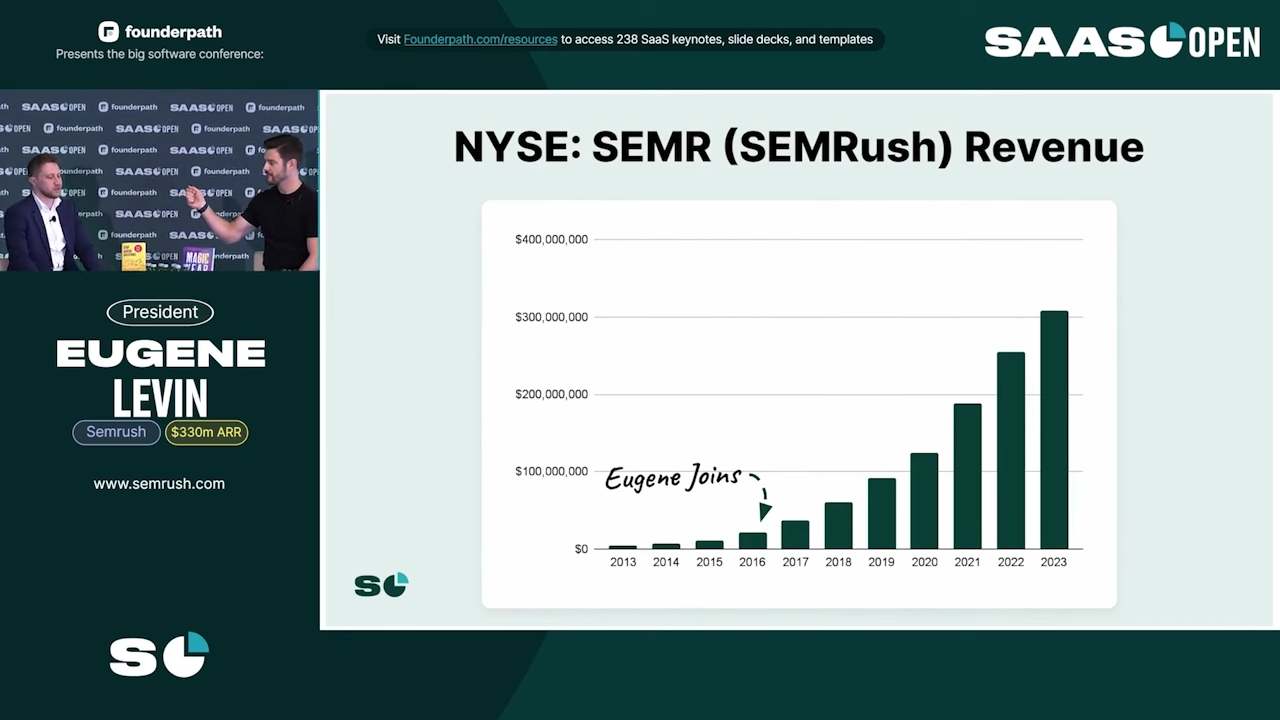How Eero Founders Negotiated a Side Deal That Made Them Rich But Left Investors and Employees Hanging
In 2019, wi-fi is ubiquitous, and equally ubiquitous are the related problems faced by consumers. Wi-fi dead spots in the home and buffering when streaming video and other high bandwidth content are tremendously infuriating.
Founded by Stanford alums Nick Weaver, Nate Hardison, and Amos Schallich in 2014, Eero provides a solution to that problem with its “whole home wi-fi system.” Insert their hardware into a modem or gateway along with several other routers plugged in strategically throughout a space, and the devices sync and interact. The units will repeat the wi-fi signal for one another to create a “mesh” of perfectly consistent signal quality in every nook and cranny. Further, their cloud and mobile app constantly monitors and tunes the connection. “It’s like having an IT admin that’s always on…” according to CEO Nick Weaver. This improved functionality, coupled with a centralized platform to manage user permissions, security settings, parental controls, and more made Eero a company seemingly poised for dynamic growth.
Modern wi-fi system providers, big and small, are competing to solve typical issues for users and enter (or expand a sizable presence in) the home automation space. Companies like Google, Linksys, Netgear, Plume, and Luma are all in the mix with various wi-fi range extenders and mesh technologies, but it is Eero that has been reviewed most favorably and most often. This increased visibility is helped by the fact that Eero has been more proactive than competitors in terms of regularly boosting and updating software features. With a sleek unobtrusive design and a functionally superior app, Eero has been standing out in a quickly growing vertical.
As elegant as the product may be, the circumstances surrounding its recent acquisition by Amazon are certainly not. A promising startup being bought out by a tech giant is a standard and important part of the ecosystem of Silicon Valley. However, in most circumstances, everyone wins on some level. The giant gets to capitalize on a key brand in a strategic space, founders get a payout, investors score a big return, and employees with stock options make gains as well. That was not the case in this story however.
What was Eeros initial valuation?
In its most recent round of Series D funding in late 2017, Eero was valued at $215m by participating firms. This valuation sat even higher at $277m in 2016, several months after a strong product debut. Having raised roughly $140m total according to Pitchbook, Eero sold for a paltry $97m in what many are calling an unexpected “fire sale” announced in February. Estimates for the amount lost by investors range from about 10-20% of invested capital, and even that is from the holding of stock with varying levels of seniority. The more junior common stock held by employees wound up valued at pennies on the dollar, down to $0.03 per share from a mid 2017 high of $3.54. When factoring in the costs associated with actually exercising this stock, employees were left with nothing, while the executives responsible for the deal will be reaping six and seven figure cash outs over the short to medium term. Some estimates for the exact payouts hover around $7m for Weaver, and $5m and $4m respectively for CPO Nate Hardison and CTO Amos Schallich. Total compensation estimates for all involved Eero execs sits at upwards of $33m over several years.
This acquisition of Eero by Amazon is the most recent in a sequence of buyouts focused specifically on home automation, or the smart home industry. Others include Ring in 2018 and Blink in 2017, bought for $1B and $90m respectively. The company’s suite of smart home products currently consists of various content streaming devices, speakers, TVs, installable displays, a clock, a doorbell, security cameras, and a motley assortment of other quirky gizmos. There is no doubt that Amazon has ambitious plans to be the dominant company in this developing space, and the implications for both data privacy and the ever-increasing sophistication of cross-platform data analytics are staggering.
But the question remains, why did Eeros founders carry out this transaction? And is it justifiable for investors and employees to be blindsided in this way? Perhaps the founders were confronted with the sobering realities of competing with giants in a hardware driven vertical. In a pure software play, it’s very often possible for smaller companies to remain competitive, but hardware is a different ballgame entirely. Deep pockets are all but required to develop each successive generation of exponentially superior devices. In a 2017 report from CB Insights, 97% of roughly 400 tracked hardware startups failed and disappeared. This reality, in conjunction with a sizable debt load on the business, may have driven Eero founders to make the ethically questionable move to sell at the expense of other stakeholders.










